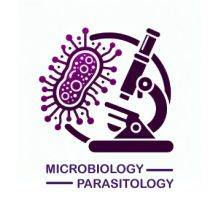Medical Microbiology and Parasitology
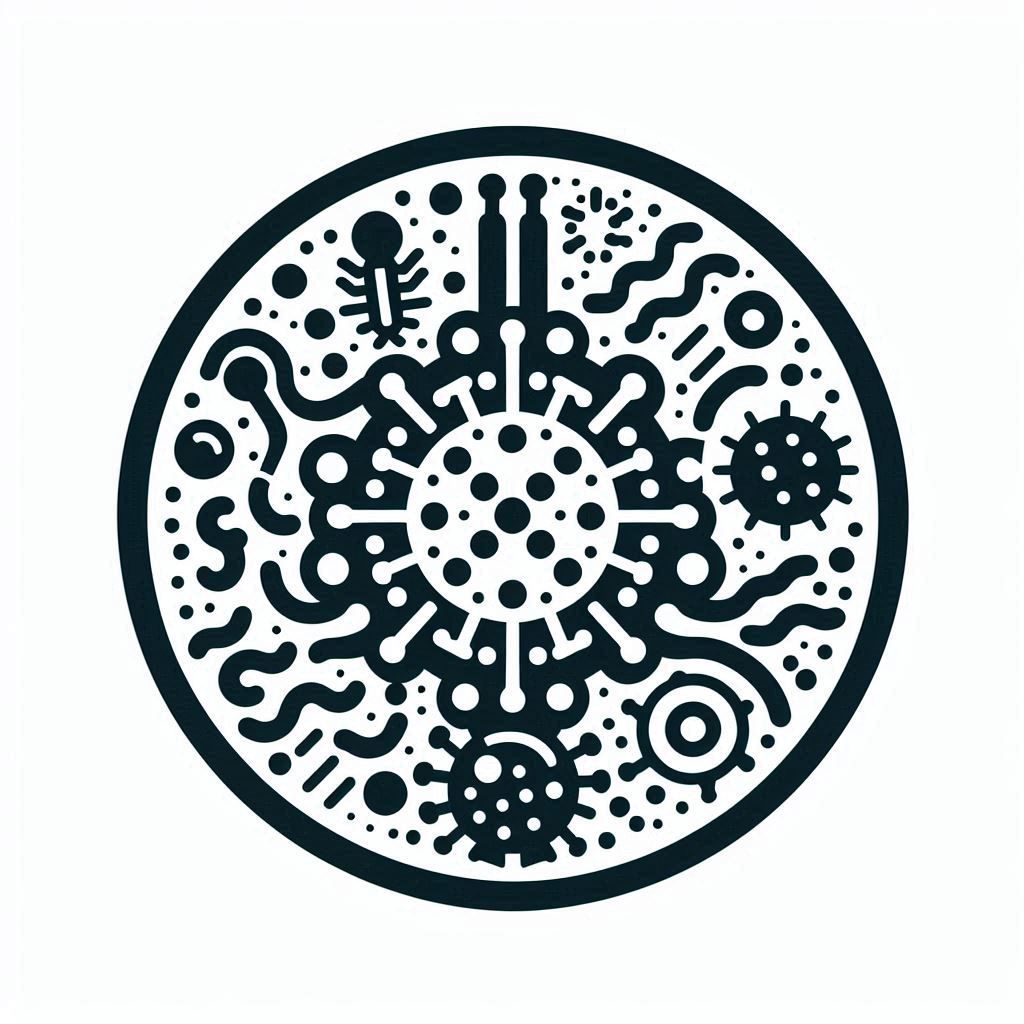
INFECTIOUS DISEASE
Infectious disease research is a critical field within microbiology dedicated to understanding, preventing, and treating illnesses caused by pathogens such as bacteria, viruses, fungi, and parasites. These diseases pose significant threats to global health, affecting millions of people worldwide each year.
Researchers in infectious disease delve into various aspects of pathogen biology, including their transmission, host interactions, and mechanisms of disease. By studying the molecular and cellular processes underlying infection, scientists aim to develop effective strategies for diagnosis, prevention, and treatment.
Cutting-edge techniques such as genomics, proteomics, and immunology are employed to uncover the intricate dynamics between pathogens and their hosts. From investigating emerging infectious diseases to studying antimicrobial resistance, infectious disease research plays a pivotal role in safeguarding public health.
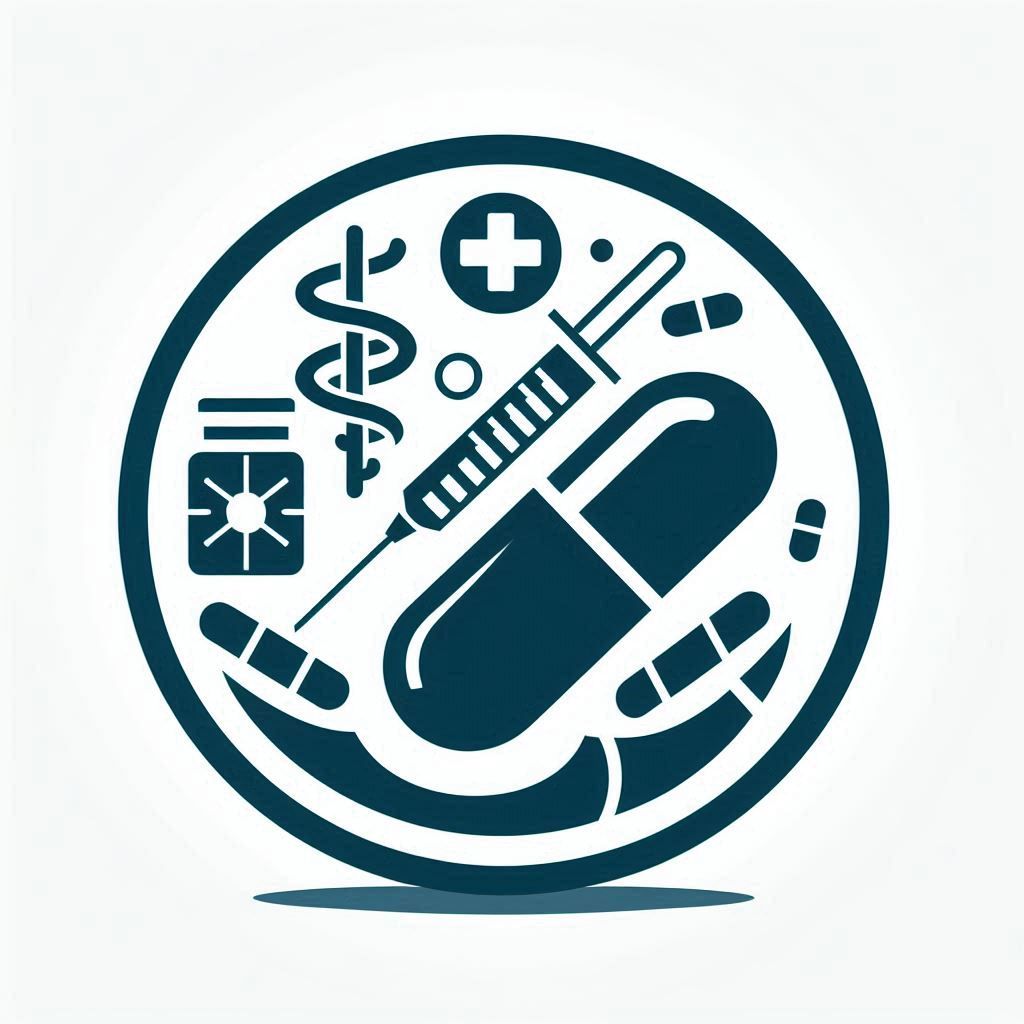
ANTIMICROBIAL RESISTANCE
Antimicrobial resistance (AMR) research is at the forefront of microbiology, addressing one of the most pressing global health challenges of our time. AMR occurs when microorganisms, such as bacteria, viruses, fungi, and parasites, evolve mechanisms to resist the effects of antimicrobial agents, rendering them ineffective.
This phenomenon poses a significant threat to modern medicine, as it jeopardizes the effectiveness of antibiotics, antivirals, antifungals, and antiparasitic drugs used to treat infections in humans, animals, and plants. Without effective antimicrobial treatments, common infections can become difficult or even impossible to control, leading to increased morbidity, mortality, and healthcare costs.
AMR research focuses on understanding the molecular mechanisms of resistance, identifying new antimicrobial compounds, developing innovative treatment strategies, and implementing measures to prevent the spread of resistant microorganisms. Through interdisciplinary collaborations and cutting-edge technologies, microbiologists are working tirelessly to combat AMR and safeguard the efficacy of antimicrobial therapies for future generations.
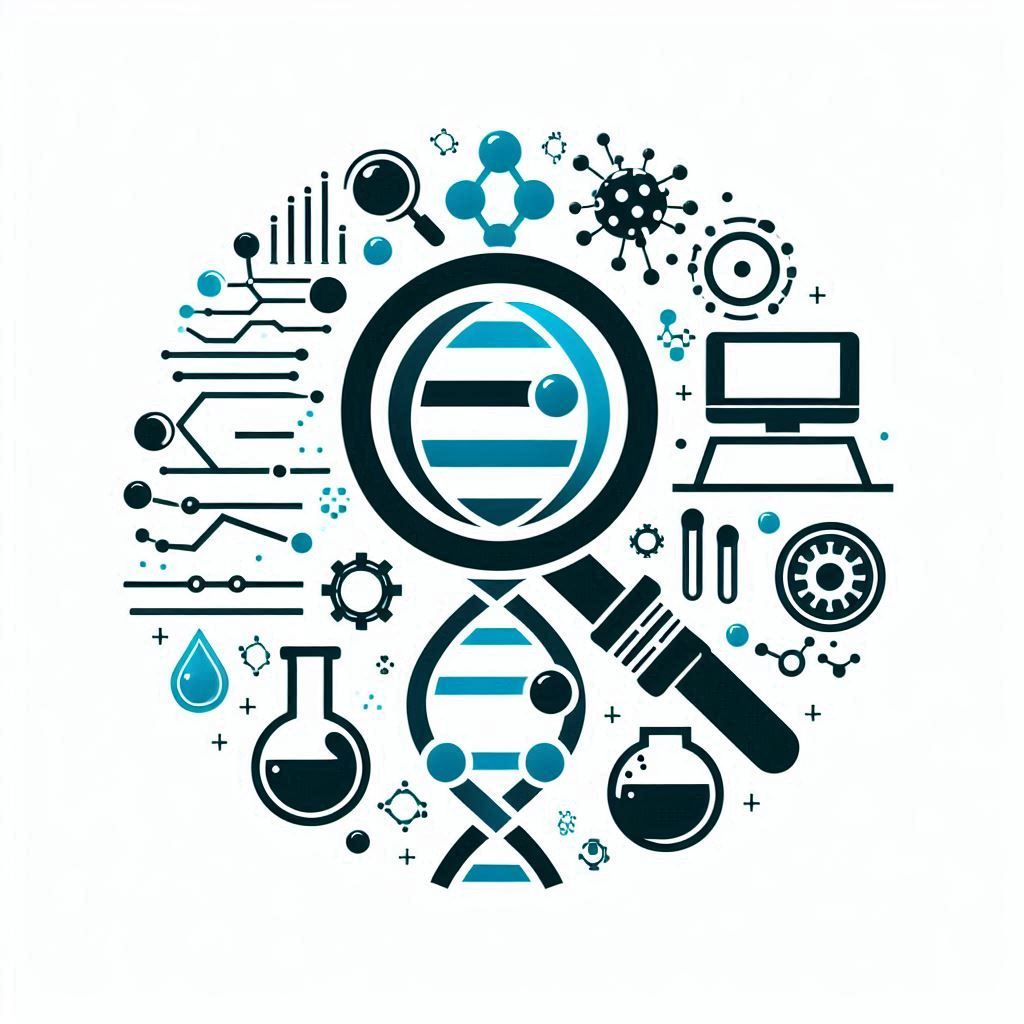
DIAGNOSTICS
Diagnostics research is revolutionizing the way we detect, diagnose, and monitor infectious diseases, genetic disorders, and various other health conditions. This innovative field harnesses the power of molecular biology techniques to analyze nucleic acids (DNA and RNA), proteins, and other biomolecules at the molecular level.
By targeting specific genetic sequences or biomarkers associated with pathogens or diseases, molecular diagnostics enables rapid and accurate identification of microbial pathogens, including bacteria, viruses, fungi, and parasites. This precision allows healthcare professionals to tailor treatment plans, monitor disease progression, and track outbreaks more effectively.
From polymerase chain reaction (PCR) and next-generation sequencing (NGS) to microarray analysis and nucleic acid amplification technologies, molecular diagnostics offers a diverse array of tools for detecting and characterizing pathogens and disease markers with high sensitivity and specificity.
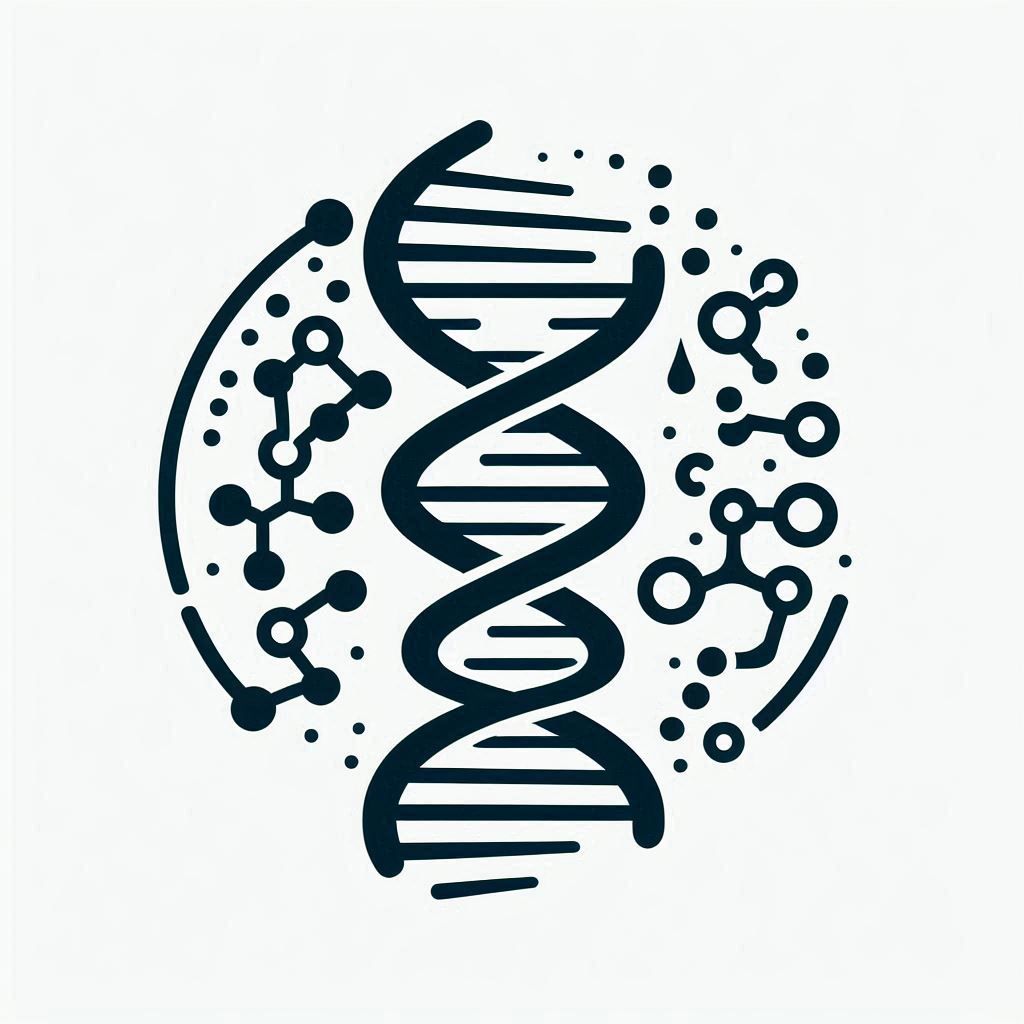
PROTEOMICS
Proteomic research is an exciting field within microbiology that focuses on the study of proteins within microorganisms. Proteins are essential molecules that perform a wide range of functions within cells, including structural support, enzymatic activity, and cell signaling. By analyzing the complete set of proteins present in a microorganism, researchers can gain valuable insights into its biology, metabolism, and pathogenicity.
In proteomic research, advanced techniques such as mass spectrometry and protein separation methods are employed to identify, quantify, and characterize proteins. These methods allow scientists to investigate changes in protein expression under different conditions, such as during infection, growth, or exposure to drugs. By understanding the proteome of microorganisms, researchers can uncover potential targets for drug development, improve diagnostics, and gain a deeper understanding of microbial physiology.
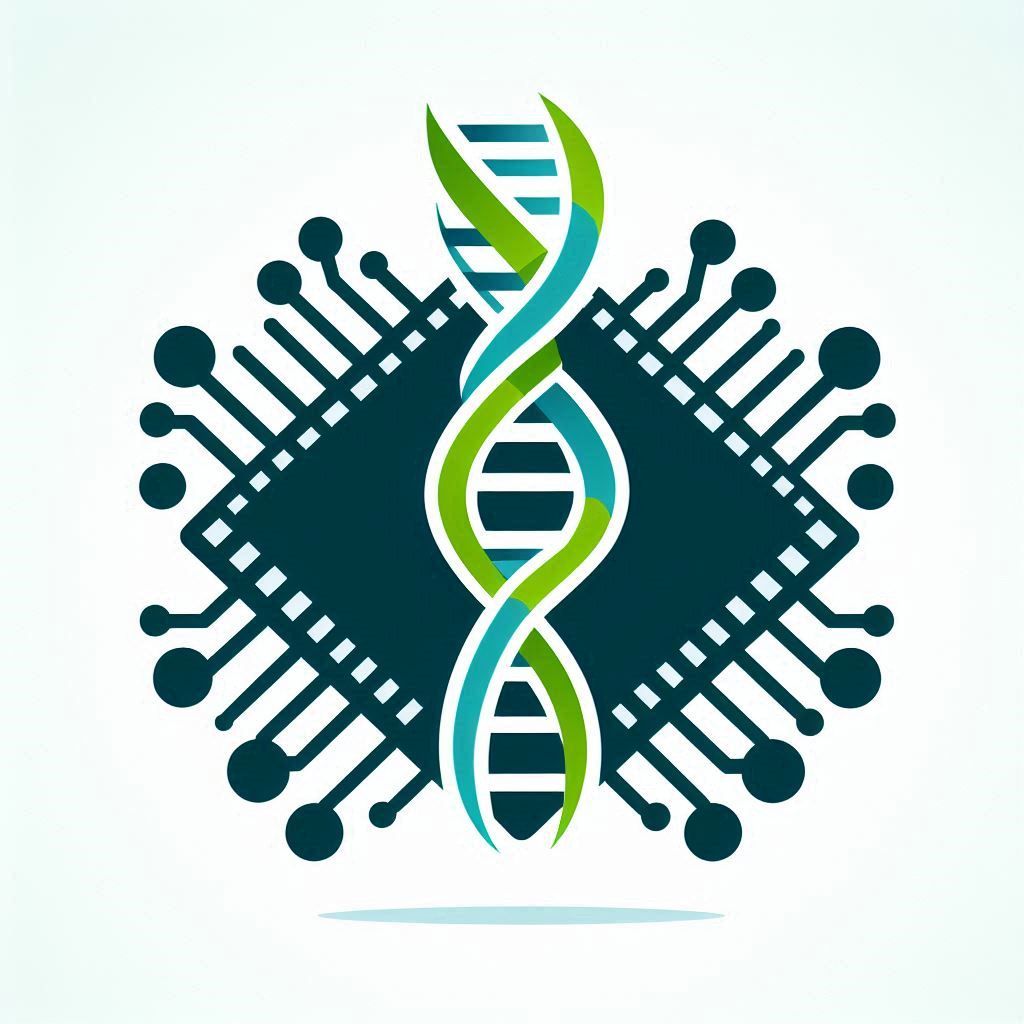
BIOINFORMATICS
Bioinformatics research lies at the intersection of biology, computer science, and information technology, revolutionizing our understanding of the microbial world. This dynamic field employs computational techniques to analyze and interpret biological data, unlocking valuable insights into the structure, function, and evolution of microorganisms.
In microbiology, bioinformatics plays a crucial role in studying microbial genomes, transcriptomes, proteomes, and metabolomes. By harnessing powerful algorithms and software tools, researchers can explore the genetic diversity of microbial communities, identify potential virulence factors, and elucidate the mechanisms underlying antimicrobial resistance.
From genome assembly and annotation to comparative genomics and phylogenetic analysis, bioinformatics offers a myriad of tools and methodologies for deciphering the complexities of microbial life. These computational approaches empower scientists to tackle pressing challenges in infectious disease research, biotechnology, and environmental microbiology.
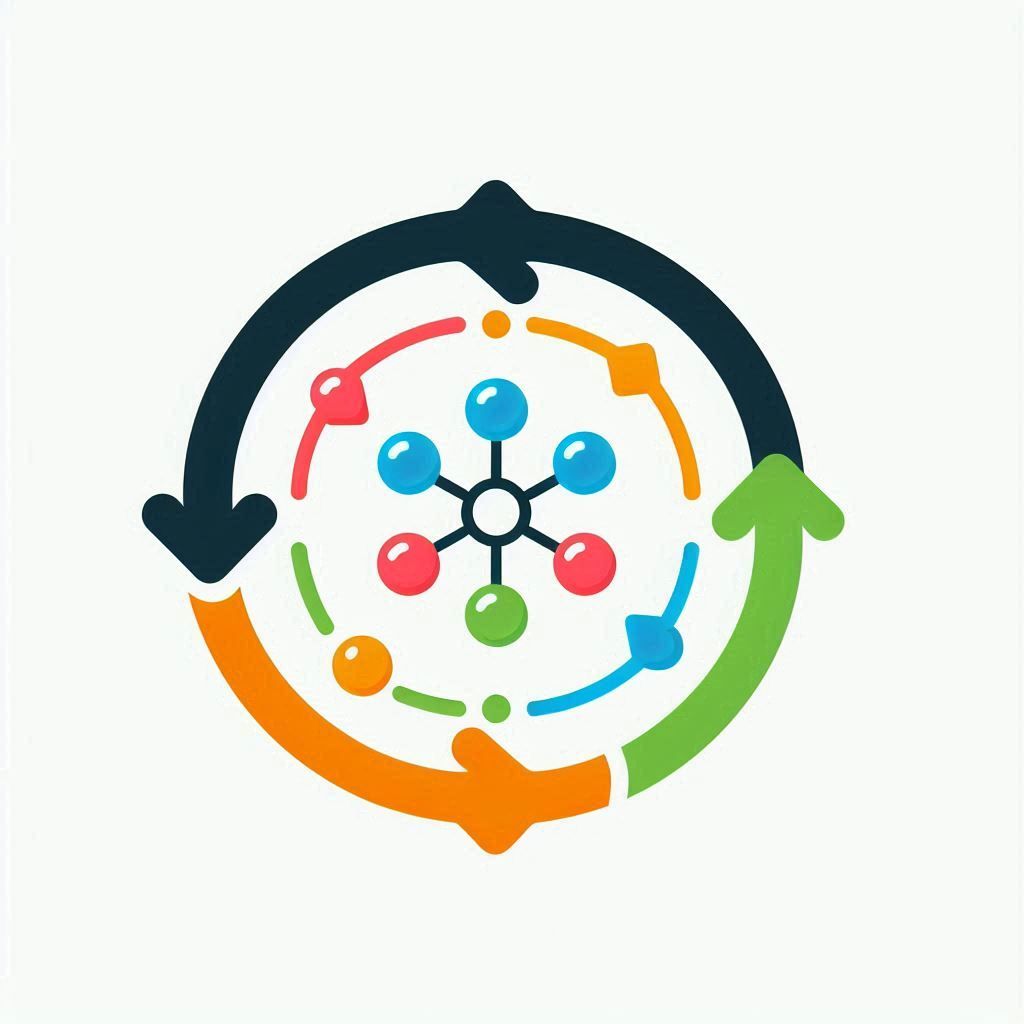
Metabolomics
Metabolomics research offers a unique lens through which to explore the intricate metabolic pathways and biochemical processes within microorganisms. This cutting-edge field focuses on the comprehensive analysis of small molecule metabolites present in cells, tissues, and biological fluids, providing valuable insights into microbial physiology, metabolism, and adaptation to diverse environments.
In microbiology, metabolomics serves as a powerful tool for unraveling the metabolic fingerprints of microorganisms under different growth conditions, stressors, and interactions with hosts or environmental factors. By profiling the complex array of metabolites produced by microbes, researchers can uncover novel biomarkers, metabolic pathways, and potential drug targets.
Advanced analytical techniques such as mass spectrometry and nuclear magnetic resonance spectroscopy enable scientists to identify and quantify thousands of metabolites with high precision and sensitivity. These methods facilitate the elucidation of metabolic networks, the discovery of bioactive compounds, and the development of metabolic engineering strategies for biotechnological applications.
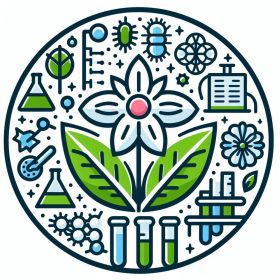
NATURAL PRODUCT
Natural product research is a vital field within microbiology, focusing on the discovery and utilization of biologically active compounds produced by plants and herbs. In the realm of antimicrobial research, natural products derived from plants and herbs hold immense promise. These botanicals have been used for centuries in traditional medicine for their healing properties and continue to be a rich source of novel antimicrobial agents. These natural products, include antibiotics, antifungals, antivirals, and anticancer agents that have profound impacts on human health, agriculture, and industry.
Our microbiology department is at the forefront of investigating these plant and herb-based compounds to uncover their potential in fighting bacterial, fungal, and viral infections. Through rigorous scientific methods, we isolate, characterize, and assess the efficacy of these natural substances, aiming to develop new treatments that can address the growing challenge of antimicrobial resistance.
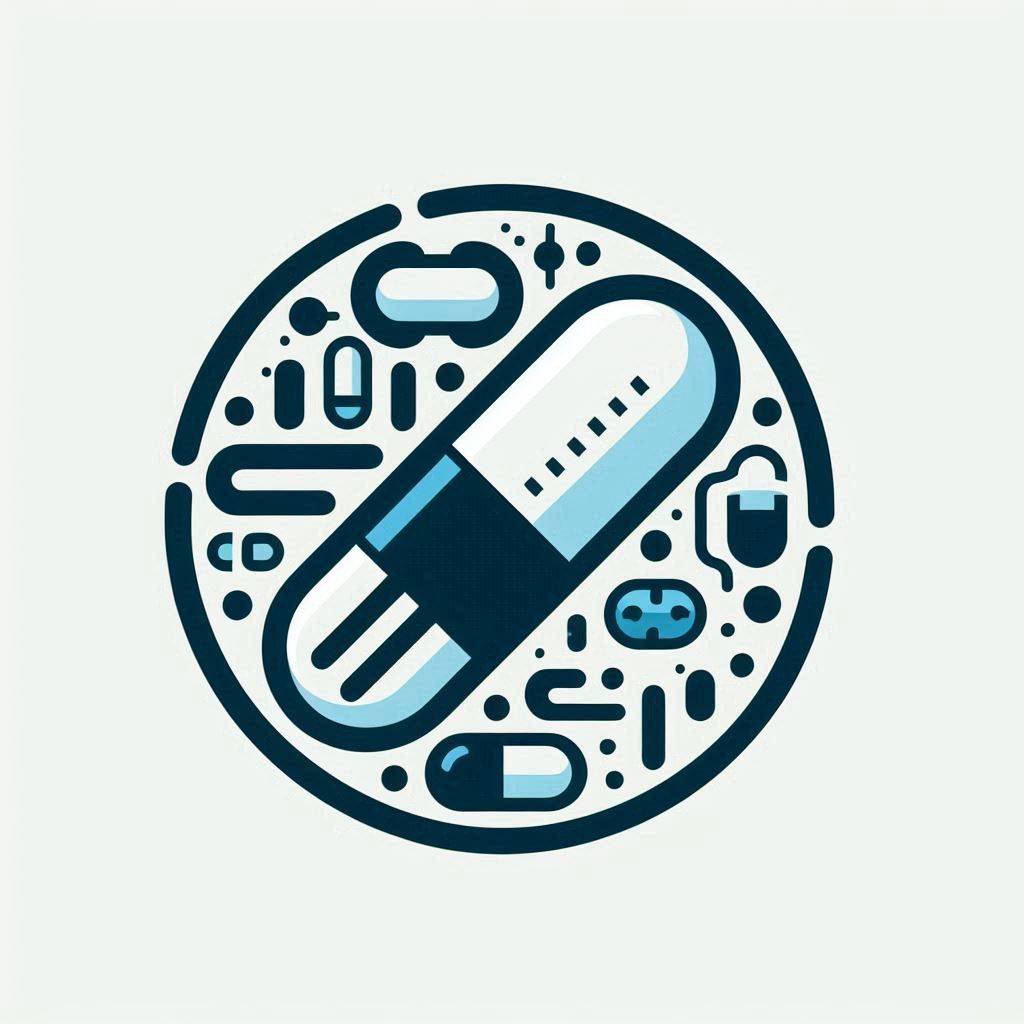
ANTIMICROBIAL RESEARCH
At Department of Microbiology, we are pioneering the development of innovative antimicrobial agents and strategies to combat the pressing issue of antimicrobial resistance (AMR). Our interdisciplinary team of scientists is committed to designing next-generation antimicrobials that are both effective and sustainable, ensuring the continued protection of public health.
Antimicrobial resistance is a critical challenge that threatens the effectiveness of current treatments for infectious diseases. Our research focuses on the rational design of new antimicrobial compounds, leveraging advanced technologies in synthetic biology, medicinal chemistry, and computational modeling. By understanding the molecular mechanisms of microbial resistance and pathogen biology, we aim to create targeted solutions that can outpace the evolving threat of resistant microbes.
Our work is grounded in collaboration, drawing on partnerships with healthcare providers, pharmaceutical companies, and global health organizations to translate our scientific discoveries into real-world applications. Through these efforts, we strive to deliver innovative therapies that can be rapidly deployed to address emerging infectious threats.

VACCINE DEVELOPMENT
Our department is at the forefront of the scientific effort to develop vaccines that protect against a wide array of infectious diseases. With a focus on innovation and excellence, we are committed to advancing the science of vaccinology to improve public health worldwide.
Vaccines are one of the most powerful tools in our arsenal against infectious diseases, offering a safe and effective means of prevention. Our research encompasses the entire vaccine development pipeline, from basic research on pathogen biology and immune responses to the design, testing, and production of novel vaccines. We employ cutting-edge technologies in molecular biology, immunology, and bioinformatics to create vaccines that are not only effective but also safe and accessible.
In our quest to combat emerging and re-emerging infectious diseases, we collaborate with a diverse array of partners, including healthcare providers, governmental agencies, and global health organizations. These partnerships are essential in translating our scientific discoveries into vaccines that can be deployed to protect populations at risk.
